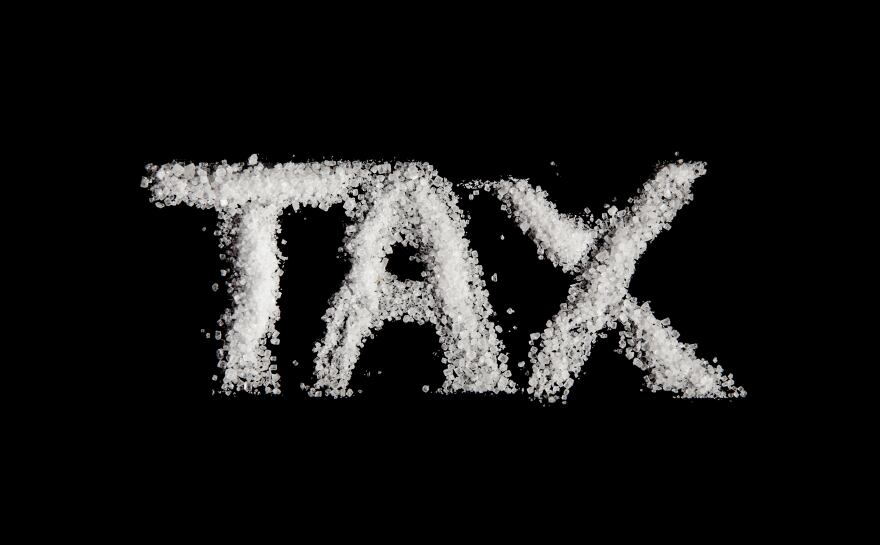While today’s announcement supported a sugar levy and self-regulation by the food industry, the report made no mention of expected restrictions limiting the marketing and advertising of unhealthy foods to children.
Critics called this omission ‘inexcusable’ arguing that a game-changing strategy was needed and promised a year ago. The fear was children would face a rising tide of ill-health from obesity well into the future.
Plans for a sugar levy were outlined by the government in March of this year, where its introduction would gradually be phased in, eventually taking effect in 2018.
Sugar demands

The government’s programme, ‘challenged’ the industry to cut children’s sugar intake by at least 20% by 2020, in products such as chocolate bars, cereals and deserts including a 5% reduction in year one.
The report also emphasised its plans to introduce a soft drinks industry levy across Britain stating that the government would excuse producers and importers from this tax if they took action now rather than wait for two years.
Along with sugar, the report called for reductions in calories that were not compensated for by increases in saturated fat. Work to achieve salt targets should also continue alongside the sugar reduction programme.
Delay tactics

In March of this year the British government’s obesity strategy was delayed again as the government cited an incomplete strategy prior to its publication.
A draft leaked in July suggested policies on advertising had been watered down. Subsequently, this report has made no mention of any measures to limit the marketing of high-salt, fat and sugar to children on television, online or on social media.
In addition, expected restrictions on junk food promotions at supermarkets and restaurants failed to materialise in the report.
The Obesity Health Alliance described the lack of action to protect children from junk food marketing as a ‘missed opportunity,’.
“Evidence shows that advertising of unhealthy food and drink makes it very difficult for children and their families to make healthy choices and greatly influences the food they eat,” said the Alliance, a coalition that is made up of 33 national charities, medical colleges and campaign groups.
“The evidence is compelling that we also need restrictions on the marketing and promotion of unhealthy foods,” added Sir Harpal Kumar, Cancer Research UK's chief executive.
“We need stronger action to protect children from junk food advertising if we want to make a difference. For the government to ignore these aspects is inexcusable."
Kumar pointed out that since the 2015 general election, the Government had championed the need for a comprehensive and robust strategy to tackle the growing obesity crisis, particularly for children.
Industry reaction

Ian Wright, director general of the Food and Drink Federation (FDF) said food and drink manufacturers recognised its responsibility in meeting the challenges posed by obesity.
“Soft drink companies are already making great progress to reduce sugars from their products, having achieved a 16% reduction between 2012 and 2016,” he said.
“However the target set for sugars reduction in the Plan is flawed. Reformulation is difficult and costly: there are different challenges for each product; recipe change can only proceed at a pace dictated by consumers. We will continue to urge the Government to adopt a 'whole diet' approach.”
The British Soft Drink Association (BDSA) also responded to the report stating their disappointment that the Government proceeded with a measure which may cause thousands of job losses and have a meaningless impact on obesity levels.
“Our action on reformulation and smaller pack sizes is clearly working,” said Gavin Partington, BSDA director general.
“In 2015 we became the only category to set a voluntary calorie reduction target of 20% by 2020. We also voluntarily extended the advertising rules regarding under 16s to all online media.”
